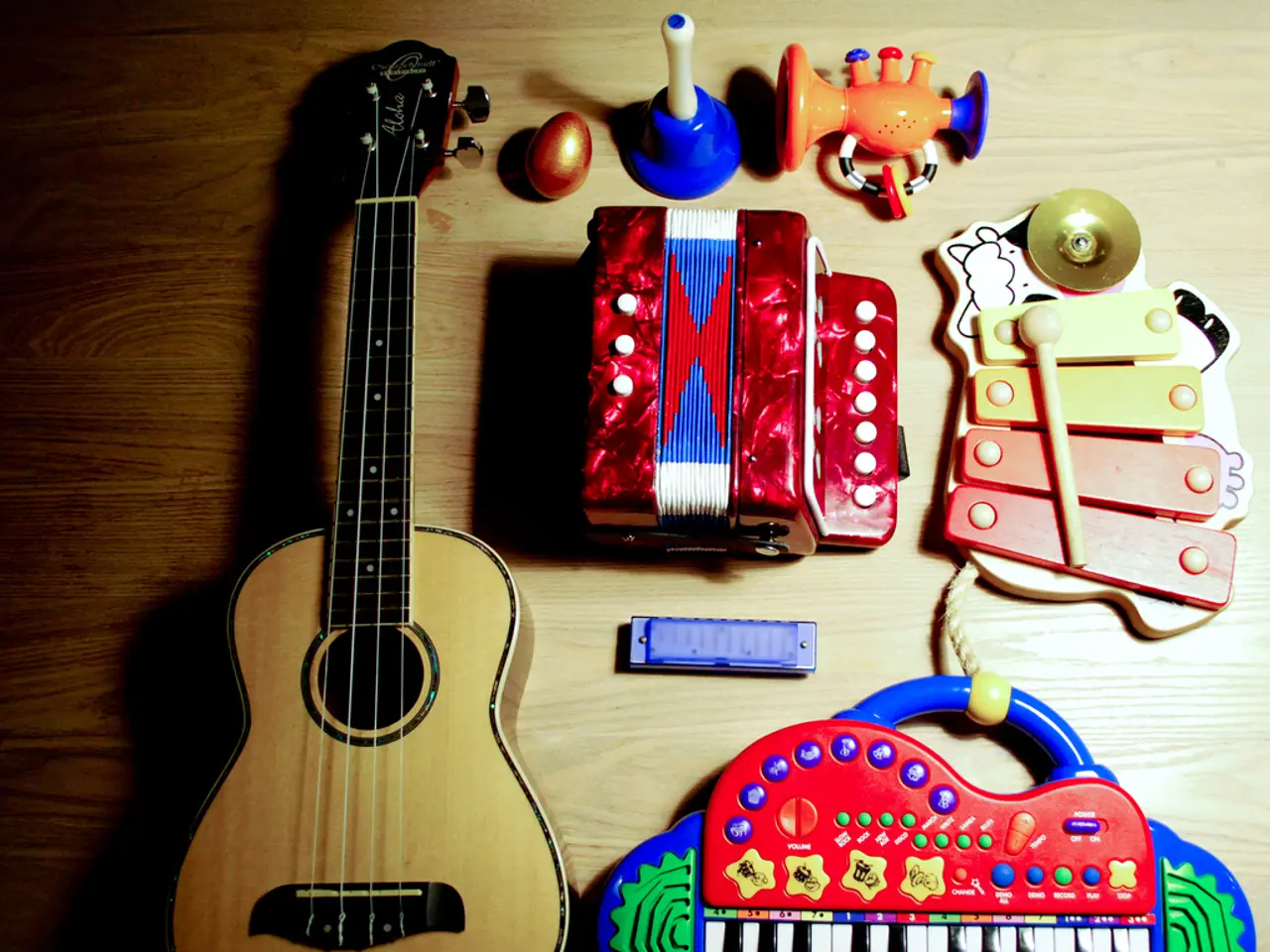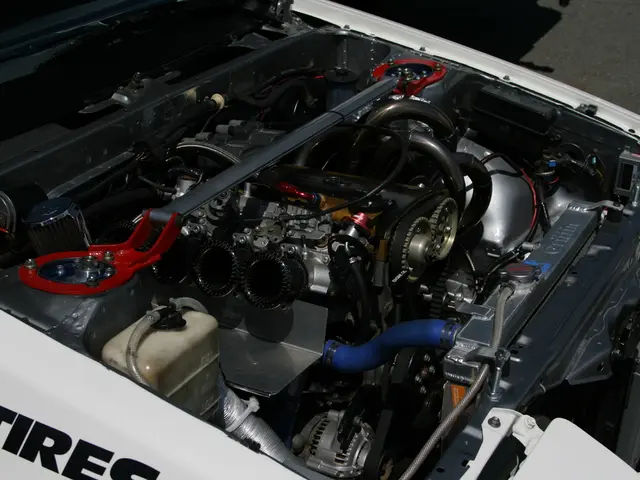Which Synthesizer is best for setting up at your home recording studio?
Synthesizers, or synths, are electronic musical instruments that generate sound through the manipulation of electrical signals. They offer a vast array of tonal possibilities, making them a popular choice among musicians and producers. In this article, we will explore some of the most notable synths available, their unique features, and factors to consider when choosing your first synth.
Innovative Designs and Unique Tonal Possibilities
Two synths that stand out for their innovative designs and unique tonal possibilities are the Arturia MicroFreak and ASM Hydrasynth. The Moog Mother-32 Semi-Modular, on the other hand, is a great choice for beginners, providing a user-friendly platform for learning synthesis.
Analog Warmth and Digital Precision
The Korg Minilogue XD combines analog warmth with digital precision, offering a versatile sound palette. For those seeking budget-friendly options without compromising on features, the Korg Volca FM and Behringer DeepMind 12 are worth considering.
Advanced Synthesis Techniques
Advanced synthesis techniques like frequency modulation (FM) synthesis and wavetable synthesis offer intricate sound design possibilities. The IK Multimedia Uno Synth Pro, Novation Peak, and the top models for 2024, such as the Korg Opsix, ASM Hydrasynth, and Roland GAIA SH-01, all incorporate these techniques, providing a diverse sound palette.
Factors to Consider
When choosing your first synth, consider factors like physical size and budget. If you anticipate moving your synth frequently or have limited space, its size and portability become crucial. The Korg Monologue and Arturia MicroBrute are known for their compact sizes and intuitive controls, while the Moog Grandmother and Moog Mother-32 offer authentic analog tones in a slightly larger package.
Learning and Experimentation
Online resources and tutorials can be invaluable in learning sound design. Exploring sound design involves adjusting parameters like the ADSR envelope and experimenting with oscillators, filters, and modulations. A well-integrated synth can streamline your workflow and ultimately influence your creative output.
Pairing Synths with Drum Machines
When pairing synths with drum machines, focus on compatibility and creating a cohesive rhythm section. If classic synth songs are your passion, the Roland GAIA SH-01 is a good fit, offering a classic sound with modern flexibility.
Popular Analog Synths
Popular analog synthesizers known for their warm, organic sounds and classic tones include the Moog Grandmother, Moog Mother-32, Moog Sub Phatty, Mutable Instruments Shruthi XT, and Moog Subsequent 37. These synths stand out because analog circuitry typically produces the warmth and organic quality sought for classic synth tones, favored in genres requiring rich bass, pads, and leads with a distinctive analog character.
In conclusion, choosing the right synth depends on your individual needs and preferences. Prioritize the features you need most, such as sound quality, modulation options, and ease of use, and consider factors like physical size and budget. With the wide range of synths available, there's a perfect match for every musician and producer.
- The Arturia MicroFreak and ASM Hydrasynth are two synths with innovative designs and unique tonal possibilities that are worth exploring.
- For a synth that offers both analog warmth and digital precision, the Korg Minilogue XD could be a suitable choice.
- Advanced synths like the IK Multimedia Uno Synth Pro, Novation Peak, Korg Opsix, and ASM Hydrasynth incorporate advanced synthesis techniques like frequency modulation and wavetable synthesis.
- When choosing your first synth, consider its physical size, budget, and how often you plan to move it, as the Korg Monologue and Arturia MicroBrute are known for their compact sizes and intuitive controls, while the Moog Grandmother and Moog Mother-32 offer authentic analog tones but are slightly larger.




